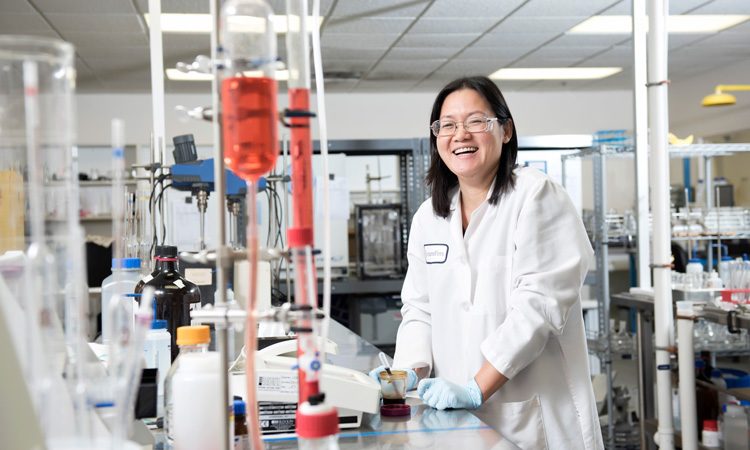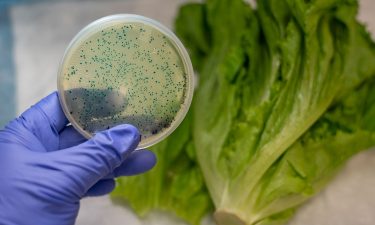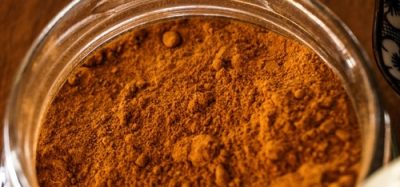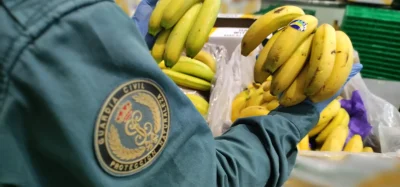On the hunt for the perfect testing laboratory partner
Posted: 6 September 2019 | Laura Evenstar | No comments yet
Finding the ideal lab can be a tricky undertaking. Here, Laura Evenstar from Eurofins offers some key tips to help you find the best lab partner.


Whether you are new to the food industry or a seasoned expert, choosing a testing laboratory is an undertaking that every quality team will experience. Taking the time to select the best lab for your needs is not only business savvy, it’s crucial to maintaining the safety, trust and long-term loyalty of your consumers.
However, with so many laboratories available, choosing the right one can be challenging. Couple this with ever-changing legislation and unique client requirements, and very quickly you may find yourself feeling overwhelmed.
But worry not. With a few simple considerations, you can narrow the dizzying array of labs to suit your business needs.
Step 1: Determine your priorities
Perhaps you are part of a food startup, searching for your very first testing lab. Or maybe your company is well established and has been operating for years, but there is growing dissatisfaction over the lab/s you have used. Whatever the reason for your search, always start by setting clear expectations. Ask yourself the following:
- What kind of testing will we need our third-party lab to carry out?
- In our field, what other testing might we need to do further down the road?
- What kind of budget do we have for laboratory analysis and is this realistic?
Thinking through the above questions, alongside some market research, will help reduce the amount of time it takes to evaluate potential labs.
The priorities you generate can then become a quick litmus test to determine if the lab is compatible with your business.
Step 2: Evaluate all options against the five-point perfect lab standard
Even with your priorities identified, you are likely to still find many viable testing labs. You can narrow that list further by evaluating all contenders against a common rubric. Consider each lab in the context of the following five criteria:
1. Cost (direct and indirect)
2. Range of testing
3. Quality
4. Reliability
5. Customer-first attitude
Cost (direct and indirect)
It comes as no surprise that cost is often the biggest deciding factor in a business’s selection of testing laboratory, or any vendor for that matter. No company has unlimited funds to work with, and what is available for food safety and quality must be carefully allocated. You should request testing quotes from each potential lab and compare them, taking into account that differences will exist across methods, accreditation status, etc. In the end, however, the prices printed on the page are just direct costs. The perfect lab will also provide good value on indirect costs; ie, factors that are not so easily monetised.
Perhaps indirect costs for your business would include the lag time in shipping samples to a lab halfway across the country, or the waiting game that ensues once a sample arrives and you don’t yet have results. Time is money after all, and it is valuable. Indirect costs may also exist in other not-so-obvious areas. For example, does the lab provide the opportunity to conveniently access and review your data, or have the option for consulting services when you are not sure what move to make next? Considerations such as these should be used to understand the true value of the testing you will pay for. In fact, the four remaining criteria are also indirect costs that should be factored into your decision equation.


Range of testing
While you may only be interested in one or two types of testing today, it is crucial to consider what tomorrow may hold. The best lab will offer you a broad scope of analyses, both within and across scientific disciplines.
For example, if you have just opened a food manufacturing plant, you will likely require environmental and product microbiology testing. Most micro labs can run typical pathogen tests for such matrices, but selecting a lab that can cater to the unusual or varied requests of future clients will save you from scrambling for resources in the future. Likewise, if the lab you select crosses into other scientific disciplines such as nutritional, allergen, or contaminants testing, they can become your one-stop shop for all testing needs.
Quality
Selecting a lab with a robust quality programme is an important factor that is easy to overlook. Often, these labs will have slightly higher direct costs to compensate for the time and money spent running proficiency programmes and maintaining internationally recognised accreditations. While your initial reaction to seeing these higher price tags may be to disregard the lab in question, the truth is quality programmes are paramount to ensuring you receive accurate data. The perfect lab needs to have checks in place with external governing bodies like ISO, to ensure the tests they run on your samples are performed correctly; any deviations or issues are carefully documented for transparency; and their record system complies with standards for suitable traceability. Without these measures in place, the data you receive may be cheaper, but potentially inaccurate, or not trusted by your own clients who expect accredited results.
Reliability
The ideal lab will be reliable; ie, your results will be with you in the timeframe promised, questions will be answered, and your data is uncompromised and accurate. While reliability might be the most simplistic criterion, it is one of the most important. A lot of your business dealings will depend on the relationship you build with your testing lab. Product releases, for example, require accurate, on-time results to meet shipping deadlines. If you cannot rely on your lab to provide this timely, accurate service, your own client relationships will suffer. Consider each lab carefully and, if possible, look for testimonials from others who have worked with the lab and can attest their experience.
Customer-first attitude
One of the most distinguishing features of any laboratory is how you, the client, feel about working with them. When you call or email, do you speak with someone kind and helpful? Do they reply promptly and make you feel heard? Does this lab give you the customer service and care you would give your own clientele? If the answer to any of these is no, consider that the direct and indirect costs of this lab (no matter how reasonable) may not be worthwhile in the end.
Step 3: Make your choice
No lab is 100 percent perfect. The scientific community always strives for the greatest accuracy and reproducibility in data, but every method has its limits, and some variability is unavoidable.
Testing laboratories are made up of people who will make mistakes along the way, just as your business has done or will do. What sets that almost perfect lab apart is their ability to not just match the noted criteria, but their desire to always push for scientific improvements and to own up to any mistakes they do make with humility and a plan to make things right.
Eurofins is testing for life. Let’s find your solution: [email protected].
About The Author
Laura Evenstar leads communication between clients and the microbiology lab at Eurofins Scientific in Minneapolis, MN. She is passionate about communicating science-related issues to assist clients with identifying and facilitating testing needs. She holds a BA in biology, society, and environment from the University of Minnesota, Twin Cities.









